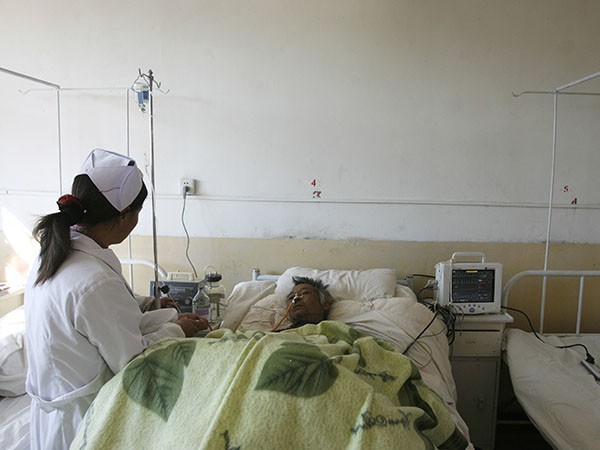More doctors are heading to China's countryside. The exodus is the cause of a newly approved healthcare bill by the State Council.
On Monday, the Chinese cabinet has given the green light for a better rural medicare that would assign doctors to faraway provinces.
The State Council came out with a statement after its meeting announcing the plan to improve healthcare in the provinces.
The new plan hopes to give patients from the rural areas better access to doctors. With this approval, a 1:1,000 doctor-patient ratio would be in place.
Aside from that, the new healthcare system would create more medical institutions in the provinces and acquire medical equipment needed in these clinics through private and public partnerships. This would ensure that residents would have immediate aid within their area without having the need to travel long distances to big cities to get the care they need.
Meanwhile, doctors who would be sent to rural areas would be given extra benefits by the government. This includes higher compensation and pension. They would also be given additional training for free and would be considered and prioritized for continuing medical education opportunities.
In the statement released by the Chinese cabinet, the government promised residents from the rural areas better allocation of medical resources as well as cheaper and faster medical services.
Getting the right kind of healthcare has always been the concern of those living in the provinces who cannot afford expensive treatments and the expenses incurred in traveling long distances to medical facilities.
As such, the government has promised that provinces would be outfitted with facilities that would be able to address locals' concerns. At least one general hospital and one Traditional Chinese Medicine (TCM) hospital would be established in each province.
Coordination between these two institutions would be strengthened and improved to give patients the proper care they need.
Meanwhile, the Beijing-Tianjin-Hebei area, the Yangtze River Delta and the Pearl River Delta regions would also be assigned trans-regional medical facilities.



























